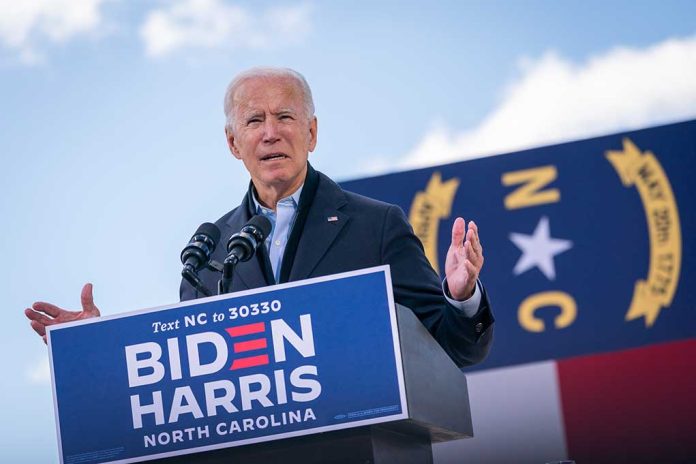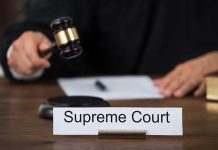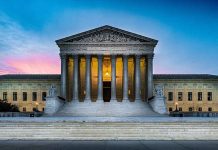
President Biden’s decision to pardon Hunter Biden challenges notions of political transparency and fairness.
At a Glance
- Controversy over the Hunter Biden laptop saga originated as early as October 2020.
- Initially dismissed as disinformation, the laptop’s legitimacy was confirmed later by major outlets.
- Hunter Biden faced charges unrelated to the laptop, including tax violations and gun charges.
- Biden’s pardon of his son has reignited debate on political privilege and democratic accountability.
Hunter Biden’s Legal Woes
The saga surrounding Hunter Biden began with revelations from a laptop linked to him, surfacing in October 2020. Allegations of dubious foreign business transactions involving Joe Biden emerged. Initially dismissed by many as part of a Russian disinformation effort, the laptop story was downplayed by several media outlets and social networks, eroding public trust in these institutions. Subsequent confirmations of its authenticity further amplified charges of bias in both media and the tech sector.
Amidst the furore, Hunter Biden faced legal challenges due to tax charges and weapon-related violations. These issues, seemingly distinct from the laptop controversy, nonetheless served as a prelude to President Biden’s extraordinary pardoning decision. On December 1, 2024, Joe Biden issued a comprehensive pardon, spanning offenses spanning a decade— from 2014 to 2024.
Joe Biden pardoned his son, Hunter, after repeatedly saying he would not.
He lied to the American people.https://t.co/9Es8Du3EGN
— Rep. David Kustoff (@RepDavidKustoff) December 2, 2024
The Presidential Pardon and Its Implications
The decision to pardon stirred a hornet’s nest of political discourse. Biden defended his actions as necessary to address damages caused by what he framed as politically motivated allegations. Critics, however, accused him of employing his office’s powers to shield familial interests, contradicting his earlier pledge to respect the judicial verdict. Biden had previously ruled out pardoning his son, a decision markedly reversed amid escalating scrutiny.
“I abide by the jury decision. I will do that and I will not pardon him,” Biden had famously said.
Hunter Biden’s controversy returned to the spotlight with increased vigor. Joe Biden justified his unprecedented move, citing intersecting layers of harsh critique and a possible miscarriage of justice. This act reopening dialogues on presidential transparency, affected political transparency more widely, drawing criticism not only from his opponents but also from steadfast Democratic allies.
UPDATE: Joe Biden pardoned his son Hunter Sunday night, a reversal for the president, who repeatedly said he would not use his executive authority to pardon his son or commute his sentence. https://t.co/1ruG5oAbNJ
— NBC Bay Area (@nbcbayarea) December 2, 2024
Political Ramifications and Public Perception
The ripple effect of this pardon reshapes the political landscape. Republicans reignited investigations into the broader implications of the Biden family’s activities, bolstered by critiques of political ambition supplanting public honesty. The ripple effects may reverberate upon the Democratic Party, poised now with the challenge of reconciling a perceived gap between principled advocacy and political expediency.
“I believe in the justice system, but as I have wrestled with this, I also believe raw politics has infected this process and it led to a miscarriage of justice,” said Biden in a statement released on Sunday evening.
Ultimately, Biden’s decision sharply re-divides public opinion about fairness and political privilege. Amidst bipartisan criticism, Biden’s administration must navigate the ensuing complexities of public trust and political accountability that this unprecedented pardon has unveiled.








